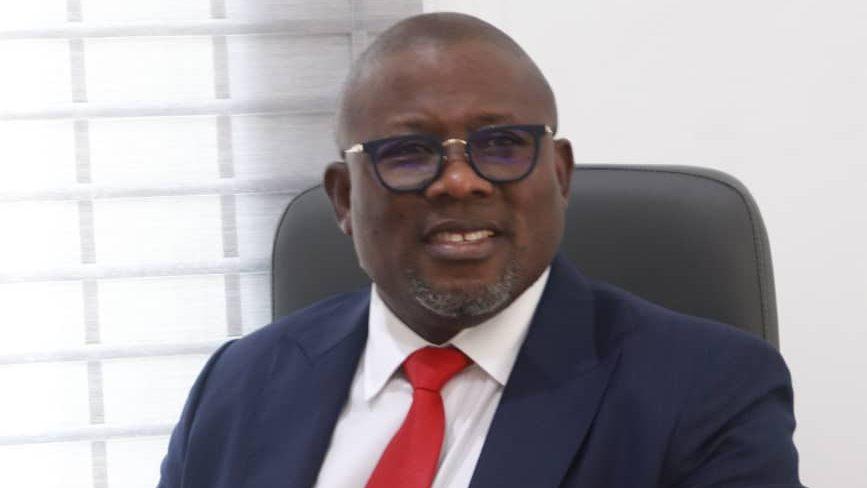
The administration of President Bola Tinubu may be finalising a strategy to shift the government away from a culture of excessive fiscal deficit and toward fiscal consolidation as a required measure for tackling long-standing macroeconomic difficulties ahead of the 2024 budget presentation.
According to reports, the Ministry of Finance and the Budget Office, a department within the ministry, have begun developing new austerity measures as part of the overall strategy. These measures would significantly reduce ongoing expenses and control official waste in the work of ministries, departments, and agencies (MDAs).
The Federal Government finally agreed to offer all categories of civil servants a pay increase of N35,000 per month on Sunday after considerable back-and-forth. The provisional wage rise will at least be applied to all federal government officials covered by the Consolidated Public Service Wage Structure, estimated at 144,766 as of April.
The add-on will cost Tinubu’s administration at least N5.07 billion every month to pay for, according to some experts. This would raise the current administration’s financial burden associated with salary payments.
Different ministries are said to have been informed, in clear terms, to streamline their operations and stop picking bills that would not add value to governance going forward.
Some MDAs, which are hitherto considered cost centres, are said to have also been handed the mandate of retooling their operations to be commercially relevant.
The radical departure being contemplated, The Guardian learned at the weekend, is imposed by what sources described as a harsh reality that is shaped by slow revenue growth, huge public debt liabilities, and expanded personnel costs.
According to reports, the Federal Government has tasked Wale Edun, Minister of Finance and Coordinating Minister of the Economy, with developing a workable plan to close the enormous gap between revenue and expenditure as it begins the difficult task of ending years of significant fiscal deficits.
The fiscal deficit increased dramatically under former President Muhammadu Buhari, rising from N880 billion in 2015 to N9.3 trillion last year, or almost N2 trillion more than anticipated.
Each year, the actual deficit exceeds the projected sum; in some years, it exceeds 50 percent. In the running budget, the fiscal deficit was about 50 percent of the expenditure outlay—N21.83 trillion.
Some economists had dismissed the appropriation as spurious and unimplementable. Shortly before the current administration assumed office, Ike Chioke of Afrinvest Group told The Guardian that the Tinubu administration would also assume there was no budget for the assumption of office.
There is no official communication on the performance of the budget yet. But sources with knowledge of the implementation told The Guardian that the appropriation is threatened by unfunded fiscal deficits.
Vodina Sam
Related posts
Stranger Things Season 4 Trailer
Reviews
Follow Our Activities On Facebook
4 hours ago
4 hours ago
6 hours ago
8 hours ago
11 hours ago
SUBSCRIBE
[mc4wp_form id=”2012″]
Top Reads!
#BigBrotherNaija “Level Up” Week 6
Though last Sunday Sunday was meant to be a “no-eviction” day, it came as a shocker when fake housemate, Modella…
Dating in 2022; Situationships Are Not For The Fainthearted
Situationships are defined as that space between a defined relationship and something other than a friendship. It is a romantic…
20 Questions With Dinta Media’s Visual Storyteller, Chimeremogo Nwoke
Dinta Media is not really just a media production brand but we like to see ourselves as a hub for…
How Are Nigeria’s Small Businesses Coping?
The current rising rate of inflation and other burdens against the Nigerian economy speaks to the realities of the times.
Thrifting Is All The Rave Now, Here’s Why
By Amy Adindu The affordable clothing movement has gained global attention and acceptance as we’re all trying to look like…
#BigBrotherNaija “Level Up” Week 2
Week 2 of the highly watched Nigerian TV show kicked off with an early plot twist. On Sunday, Big Brother…
#BlueTunes: Burna Boy, Omah Lay Top Album Picks For July
July was a promising month for music lovers; from Lizzo’s album titled Special and Imagine Dragons’ Mercury, (Acts 1 &…
#BlueTunes Album Picks For June
Gbagada Express – Boj Bolaji Odojukan, popularly known as BOJ, was raised both in England and Nigeria. He shot to…
“A Creative’s Dream” with Jeff Chinonso
On the 26th of June 2022, Jeff Chinonso hosted his first solo art exhibition. The Augmented Reality exhibition themed “A…
Nigerian API-based company Thepeer raises $2.1 million
Tech infrastructure startup Thepeer has raised a $2.1 million seed round according to a report from TechCabal. Thepeer, a Nigerian…
Dika Ofoma, Ugochukwu Onuoha take on grief in Debut Film “The Way Things Happen”
The twenty-minute film focuses on the loss of a loved one, and how grief changes a person.
Nigerian Startups might just be Crippled by a Recently Leaked bill
Over the years there has been talks of amendment on the 2007 Act of the National Information & Technology Agency (NITDA).
Why We Love Kelechi Amadi Obi
The definition of talent is Kelechi Amadi’s iconic story. Imagine a person who studies law in school, gets called to Bar, and leaves it all for something different and unrelated…Painting!

















